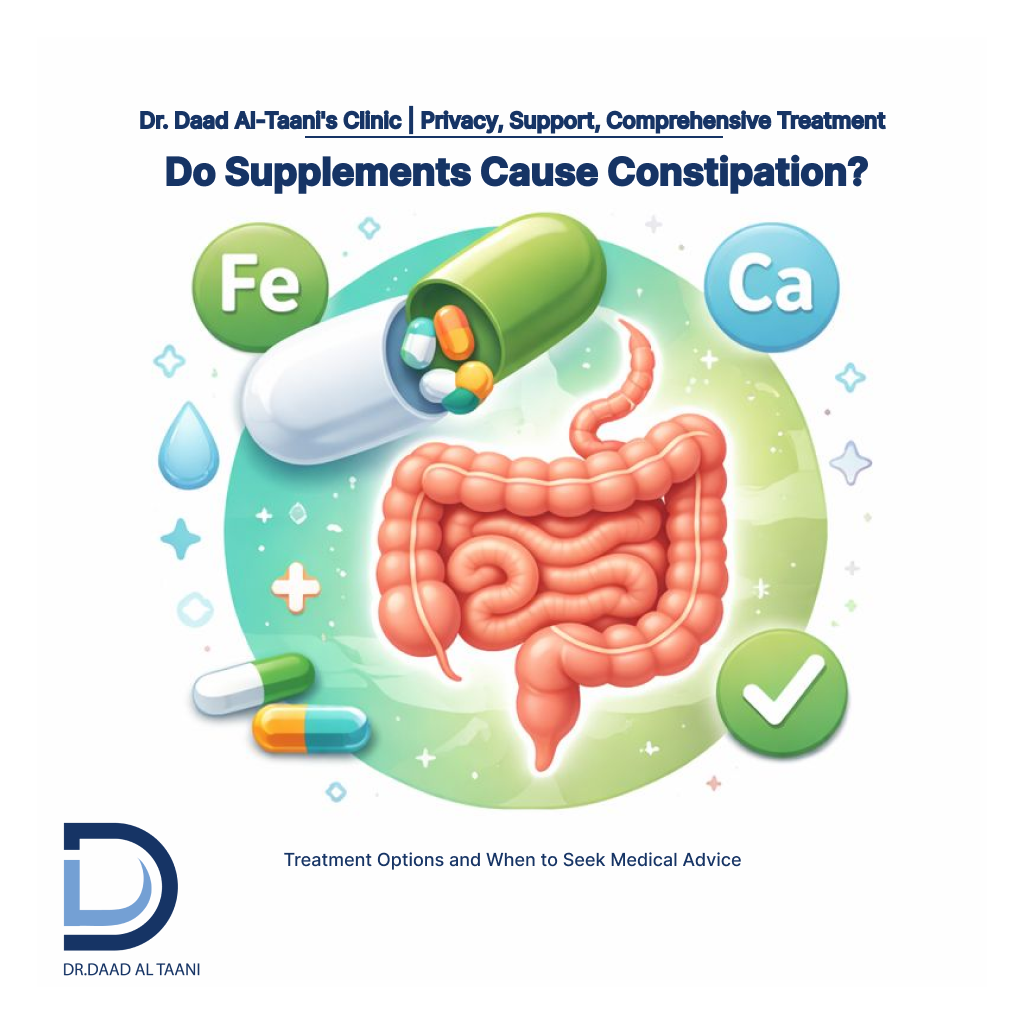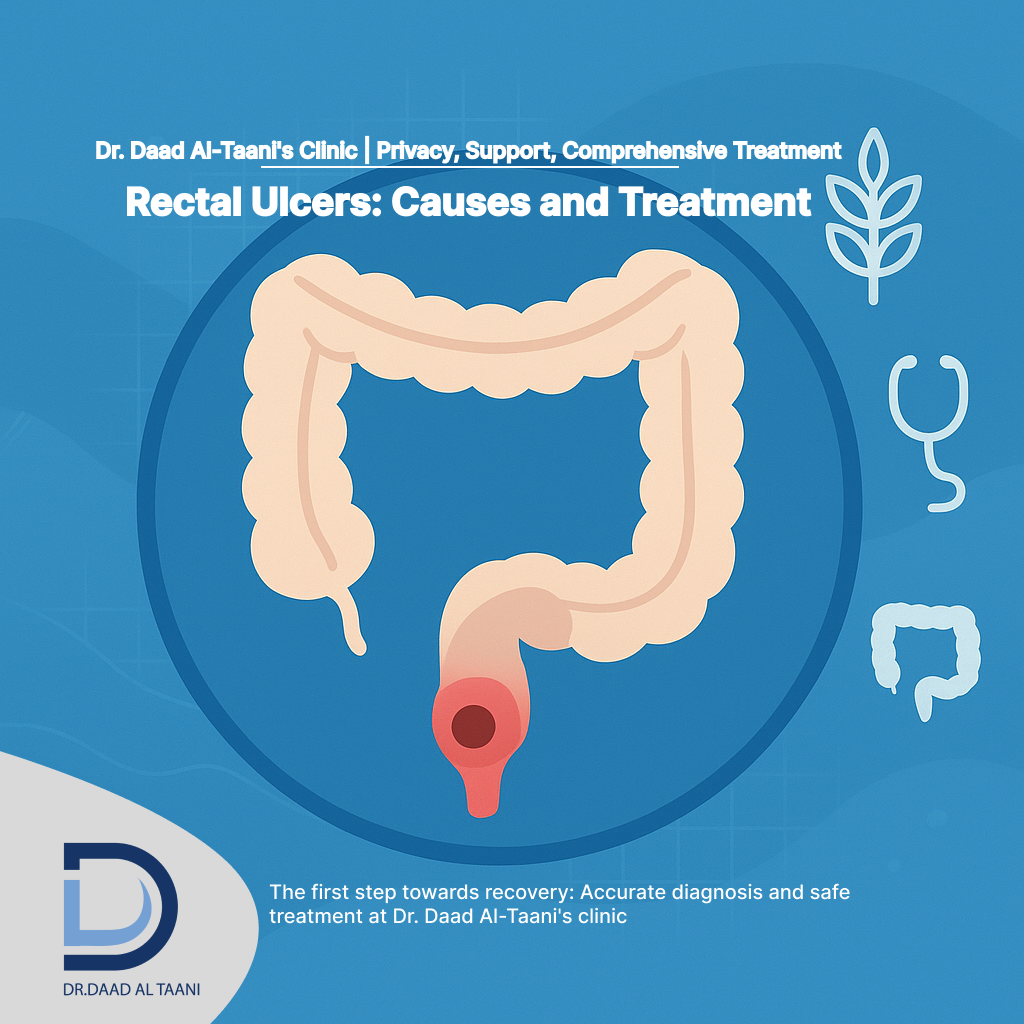Rectal surgeries are delicate procedures that require proper preparation to ensure safety and smooth recovery.
They can range from hemorrhoid or fissure repair to removal of benign tumors or correction of rectal prolapse.
In this article, Dr. Daad Al Taani Clinic provides a detailed guide on how to prepare—mentally, physically, and medically—for rectal surgery








